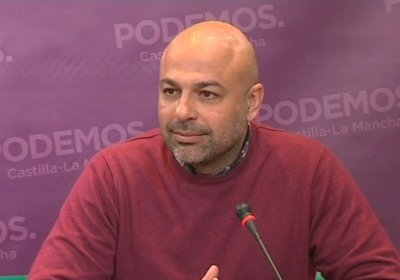Forty-one Spanish Civil Guard raids on Catalan government-related buildings and private homes on September 20 led to the arrest of 13 high-level Catalan government officials and harvested a lot of “suspect material” for the prosecutors charged with stopping Catalonia’s October 1 independence referendum. However, the raid have provoked a mass revolt in response.
The haul included 10 million ballot papers stored in a printery warehouse in the central Catalan town of Bigues i Riells.











